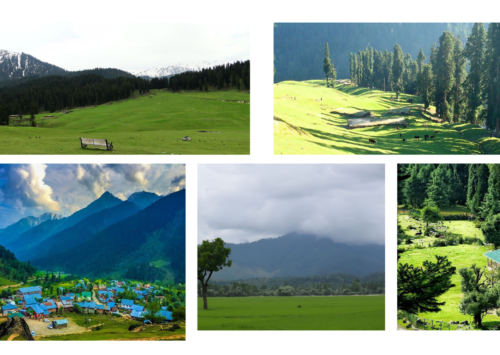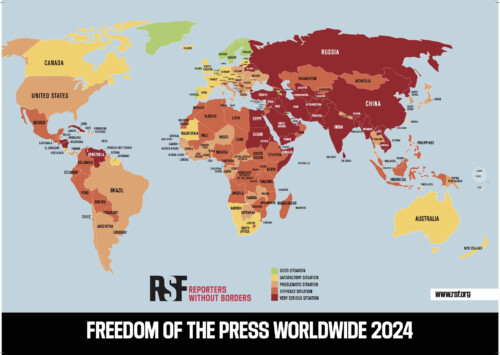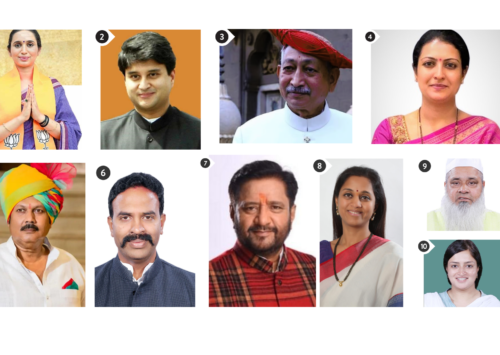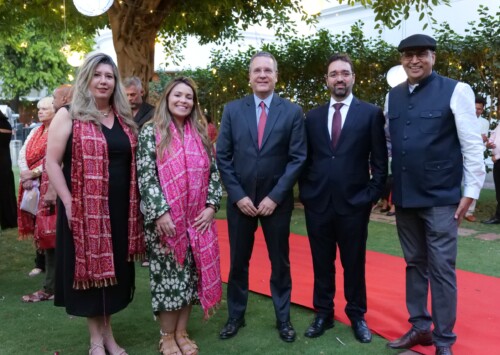Amrita Pritam: The voice of feminism during partition
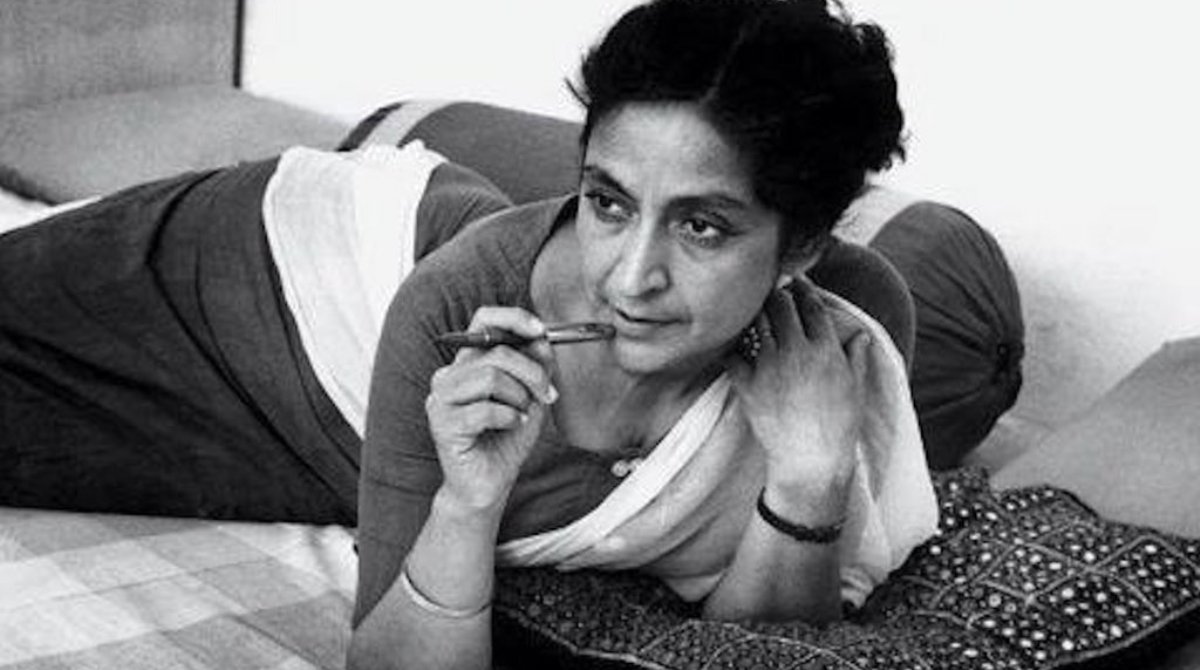
The women in Pritam’s characters were a reflection of what she herself represented-modern, rebellious, educated and determined
Pritam had many firsts to her credit, but most significantly, she was one of the first female writers to assert feminism and political will through her poetry. In her career lasting 60 years, Pritam produced over 100 books of essays, poetry, fiction and biographies including a collection of Punjabi folk songs, which were later translated in many Indian and foreign languages.
The first woman recipient of the Sahitya Akademi Award, she was also the first woman to be awarded the Padma Shri. Born to a Sikh family in Gujranwala, now in Pakistan, on August 31, 1919, Pritam’s family crossed over to India after the partition and several of her writings deal with the pain she had felt due to the extremely violent division of the sub-continent.
The violence she witnessed at the time of partition, in which millions were killed in communal riots, remained etched in her mind all throughout her life and formed the substance of a large part of her work, especially at a time when very few women were educated and accounts of women during the freedom struggle and the violence during partition was recorded nowhere.
“If it were not for Amrita Pritam, we would have not had a plethora of literature and poems describing what women went through and what partition meant to them. She gave a voice to the mute and the worst sufferers of the violence,” Mohanjeet Singh, recipient of the first ‘Amrita-Imroz’ award and a former teacher at Deshbandhu College, Delhi University, tells Media India Group.
The only child of a school teacher-poet father, Pritam moved to Delhi after partition. She began writing in Hindi too and worked for the All India Radio till 1961. “Pritam never concealed her opinions, no matter how offensive or unheard of it were in a traditional society. In fact, she reportedly got divorced in 1960, roughly the time when her writings started becoming more and more feminist, a reflection of her unhappy marriage and a result of her unapologetic stance against patriarchy,” Mukesh Shah, a Hindi teacher from Patna, Bihar, tells Media India Group.
Winner of numerous literary awards, Pritam was given the Jnanpith Award, India’s top literary award, for lifetime contribution to Punjabi literature in 1982. Her famous novel Pinjar was recreated on celluloid by director Chandra Prakash Diwedi in 2003. Pritam was also known for exploring women’s sexuality and creating rebellious female characters in Ek Thi Saara, Kachchi Sarak, Unchaas Din, Adalat and a collection of 29 stories of love and romance Alif Laila-Hazaar Dastan.
“The women in Pritam’s characters were a reflection of what she herself represented-modern, rebellious, educated and determined. At a time when these characters were called ‘controversial’, she kept writing and now, we have a collection of work to display whenever one traces the roots of feminism in India,” Shah says.
Ajj Akhan Waris Shah nu (Waris Shah, I Call out to You Today) is the poem that immortalised Pritam, the first dirge to partition by a Punjabi poet writing in any language. In her fragmented autobiography Raseedi Tikat (The Revenue Stamp) in 1976, she mentions writing the iconic poem during a train journey from Delhi to Dehradun in 1948, as a 28-year-old refugee from Lahore.
Faiz Ahmad Faiz later read it in jail in Pakistan. When he was released, he found many people had a copy of the poem in their pockets. Writer-journalist Khushwant Singh was the first to translate it into English. During an interview, he said “those few lines she composed made her immortal, in India and Pakistan.”
“The most gruesome accounts of marauding invaders in all mythologies and chronicles put together will not, I believe, compare with the blood curling horrors of this historic year,” Pritam wrote in her autobiography.
Though her work was often criticised by the conservatives, today she is equally celebrated as a poet that paved way for modern day feminism in India as well as in Pakistan. Shah adds “I can’t think of a better way to pay tribute to her legacy and bid adieu to Pritam, than in her own words dedicated to her partner Imroz- Main Tainu Phir Milangi.”


